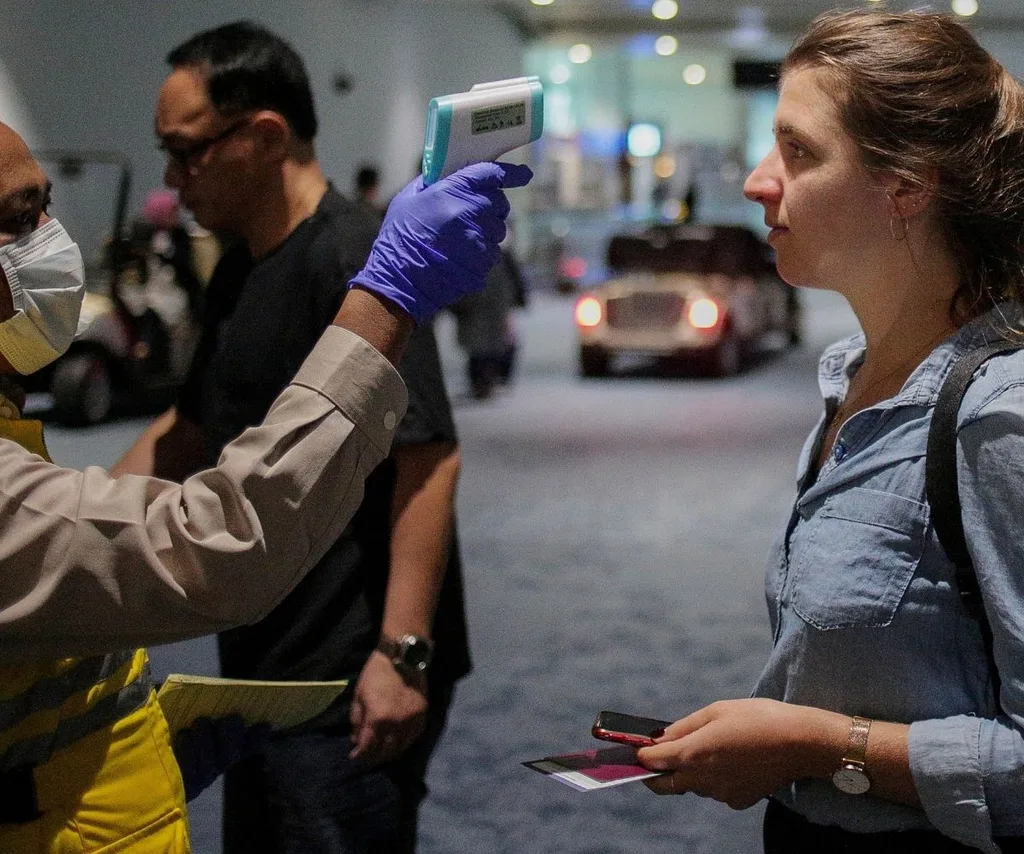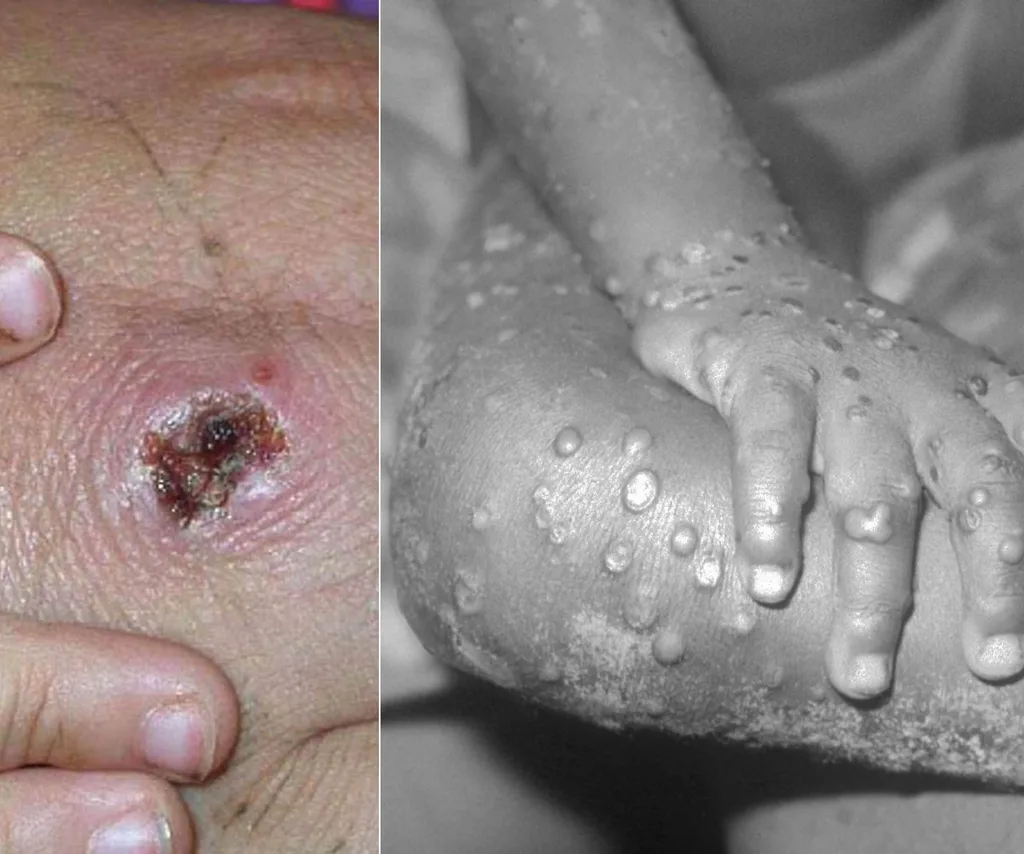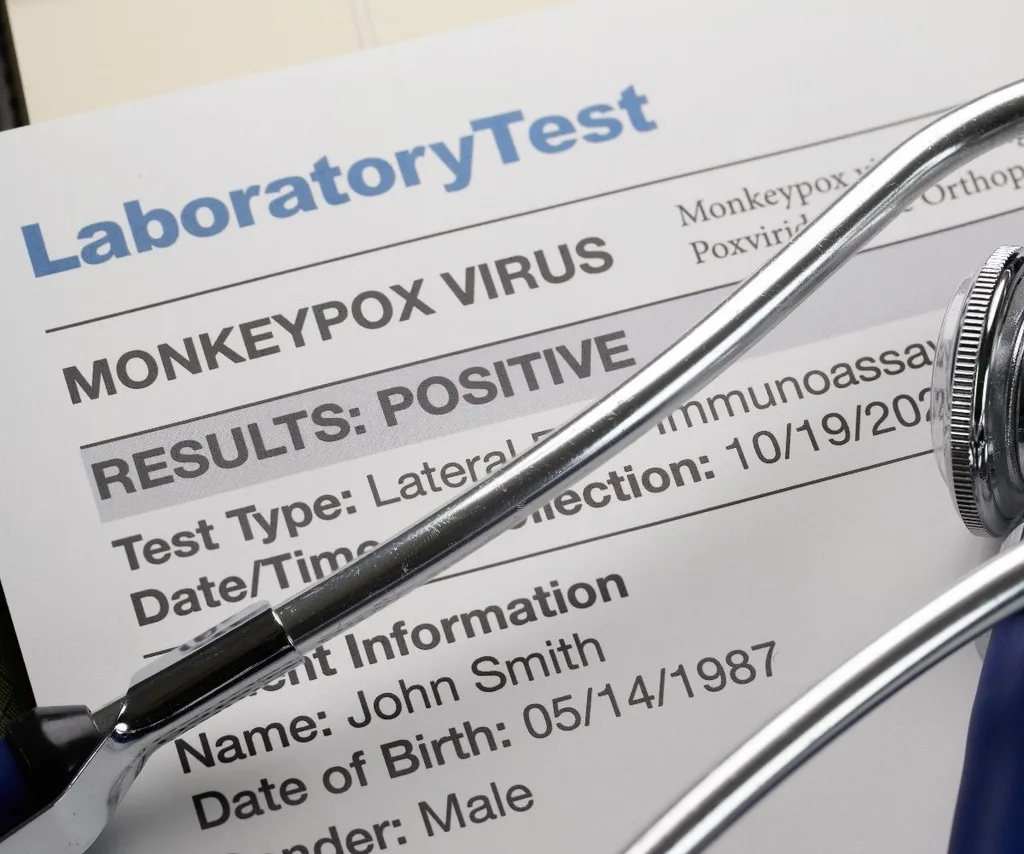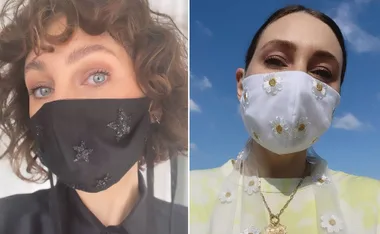Earlier this month, the World Health Organisation confirmed two cases of monkeypox in the United Kingdom and that the virus has been spreading in Europe.
Then last week, two confirmed cases appeared on our shores in Australia.
However, health authorities have shared that there is no reason to panic – and travellers returning from overseas are asked to watch for symptoms.
But what is monkeypox, and should we be worried? Here is everything you need to know.
What is the monkeypox virus?
According to NSW Health, it’s a rare orthopoxviral infection associated with travellers coming from Central and West Africa, where it is an endemic disease.
It has a close relation to the virus related to smallpox, variola.

The virus is of the smallpox variety.
(Image: Getty)What are the symptoms associated with the illness?
Symptoms associated with monkeypox appear seven to 14 days after exposure, and they can persist for five to 21 days.
Fever, headache, muscle aches, backaches, swollen lymph nodes, chills, and exhaustion, are commonly felt at the start of symptoms.
Then after one to three days or longer, an infected individual will develop a rash that starts at the face and then travels to the rest of the body – at first, the lesions will look like a flat red rash that then turns into pustules that crust and eventually fall off.
Overall, the virus’ symptoms will last for 2-4 weeks – as per NSW Health’s reports.
How does monkeypox spread?
Luckily, it’s dissimilar to COVID because it requires very close and prolonged contact to transmit through inhaling infected droplets or touching bodily fluids like clothing and sheets.
According to SBS, studies of the virus found that “three per cent of contacts of a monkeypox case will be infected.”
Basically, you’re most at risk when you share a household, drink, eat from the same dish, or share a bed with an infected person.

Monkeypox is spread through very close contact.
(Image: Getty)How is monkeypox diagnosed?
The virus is usually discovered through testing the blister fluid or scabs from the skin.
Furthermore, a blood test will also detect its antibodies.
How is monkeypox prevented?
Naturally, anyone exhibiting symptoms must self-isolate until they subside.
As we have come accustomed to during the pandemic, it’s wise to keep up with basic hygiene like hand washing.

It’s symptoms will last for 2-4 weeks.
(Image: Getty)How is monkeypox treated?
NSW Health assures pain medicines and oral fluids help patients recover and seek professional advice to monitor one’s health.
For difficult cases, there are medications that will assist, and in rare cases, intensive care may become necessary.
.jpg?fit=900%2C553)


